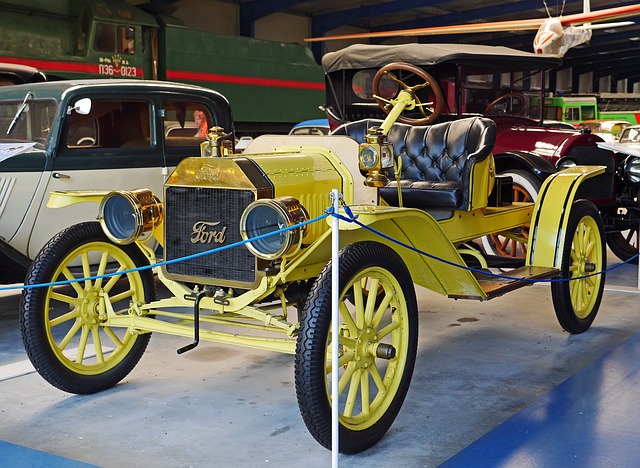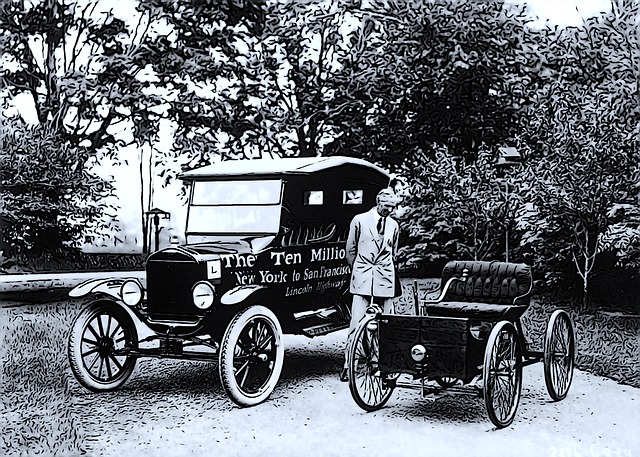Hearing the name Ford, even an outsider would recognize the car brand. But who is behind the famous name? Let us introduce you to the story of the man who changed the face of the world.
Henry Ford was born in an era of great inventions and great names. For several years, automobiles that did not require traction were on the road. The first steam-powered four-wheelers had already appeared in the late 18th century. At first they were slow and unwieldy. But change came in 1876 when German inventor Nikolaus Otto built the first explosive engine, the internal combustion engine.
After this groundbreaking invention, patents were granted one after another: in 1885, Karl Benz produced the motor tricycle. His wife Bertha\’s first long-distance automobile trip from Mannheim to Pforzheim is also legendary. Benz was followed by German inventors such as Gottlieb Daimler, Wilhelm Maybach, and Rudolf Diesel, famous for his diesel engines. The first automobile factory in the Czech Republic was established in Kopsivnice in 1850.
However, despite the breakneck pace of development, the automobile remained an upper-class convenience. A capable and iron-willed entrepreneur, he never gave up on his vision and continued to lead by example and inspiration for over a century. One of his enduring quotes was, “Whether you think you can or you think you can\’t, you are right anyway.”
Young Henry\’s love of invention and progress led him to move from his home farm to Detroit, where he apprenticed as a locksmith and began working as a steam engine repairman. He became chief engineer for T. A. Edison and immersed himself in experimenting with gasoline engines. Undeterred by the failure and bankruptcy of his first company, he put his timeless plan into action in 1903, at the age of 40, when he founded the Ford Motor Company. He introduced an assembly line and belt production, allowing him to hire inexperienced workers, who were also provided with a benefits program.
A historic event was the introduction of the Model T Ford in 1908, which made the Ford name famous and was dubbed the “automobile of the century.” Its uniqueness lay in its affordability for the average person and the mass production made possible by modern production systems: by 1927, more than 15 million cars had been sold; by 1928, more than 1.5 million cars had been sold; by 1929, more than 1.5 million cars had been sold; and by 1930, more than 1.5 million cars had been sold.
A stain on Henry Ford was his pre-war political stance. He openly supported Nazi ideals and even financially supported the NSDAP. During World War II, his son Edsel, who had already begun producing bombers, also ran the company. When the war ended, Ford\’s grandson Henry II officially took over the company
In 1946, Henry Ford was awarded the Gold Medal by the American Petroleum Institute for his contributions to the welfare of humanity. He died a year later at the age of 83. He brought new perspectives and ideas and “put the wheels on America.”
.
